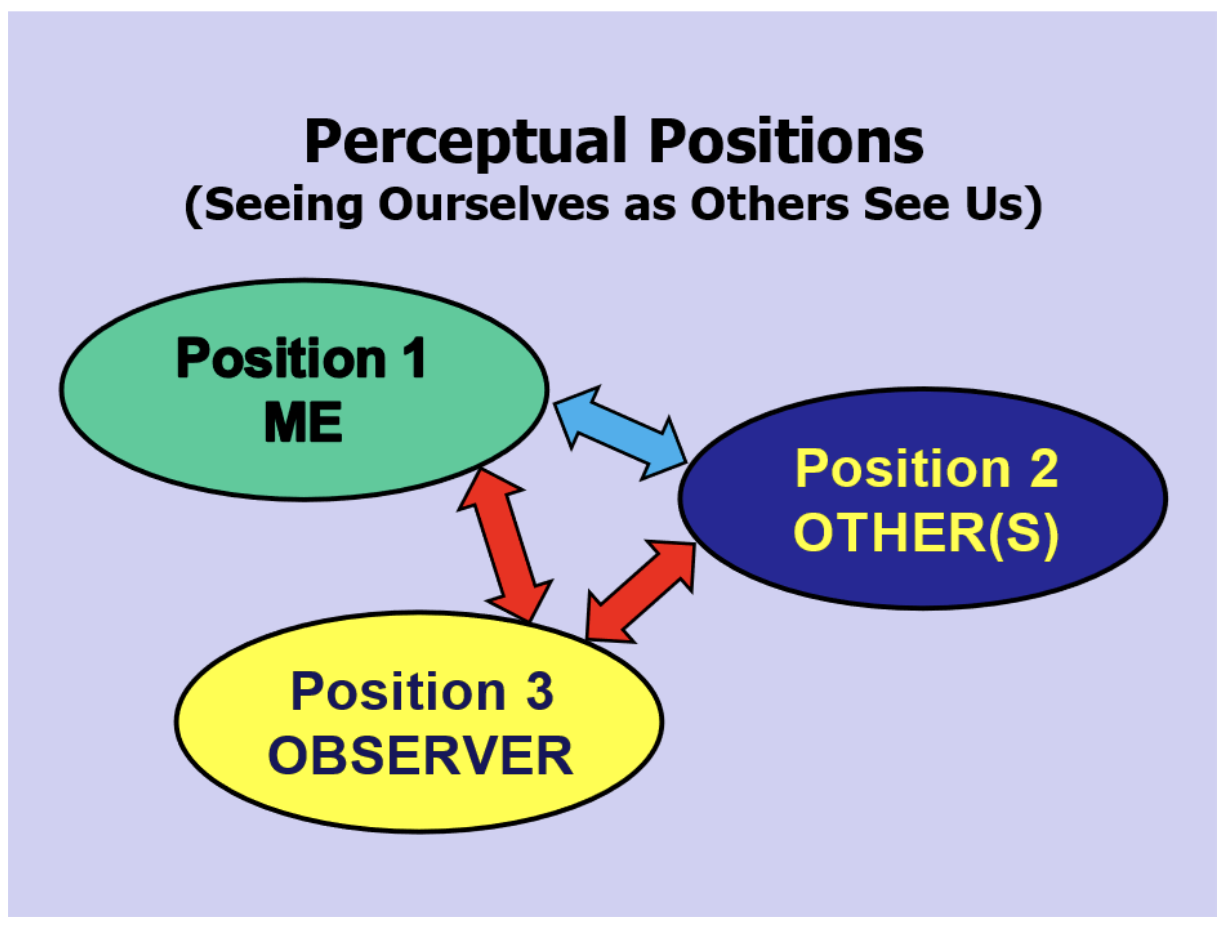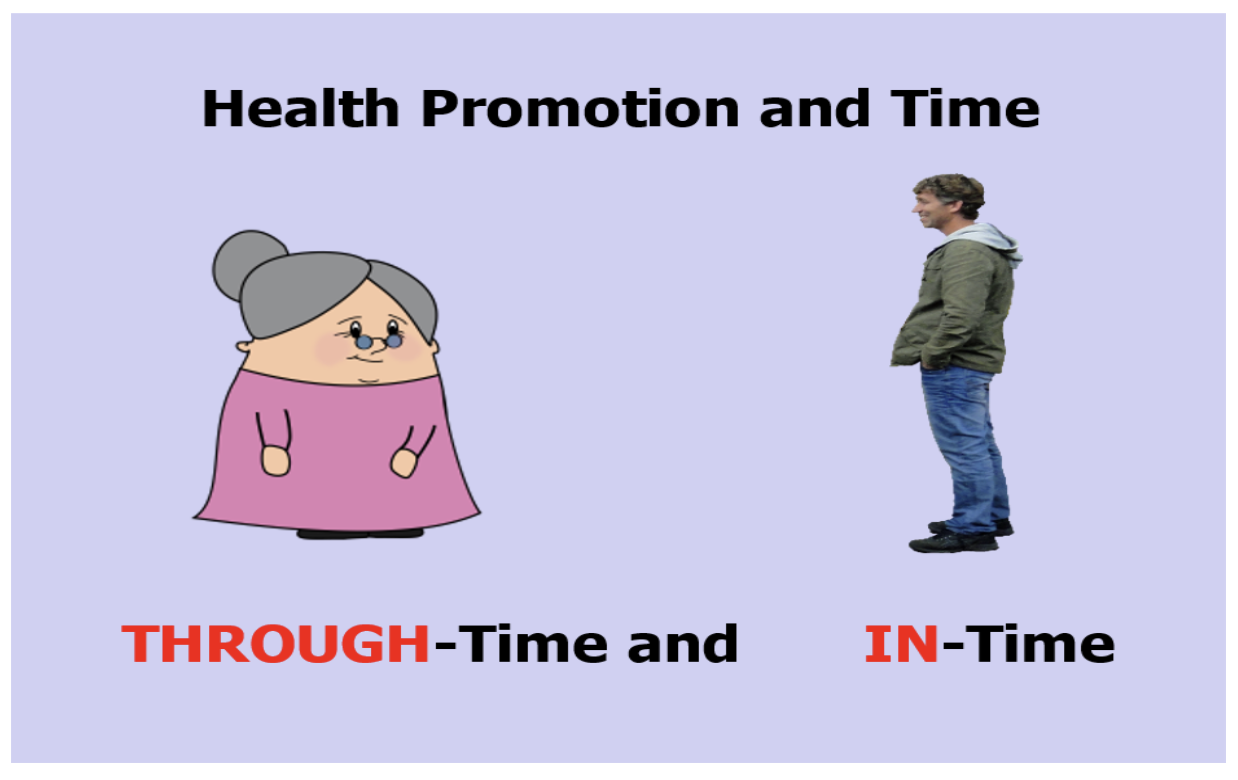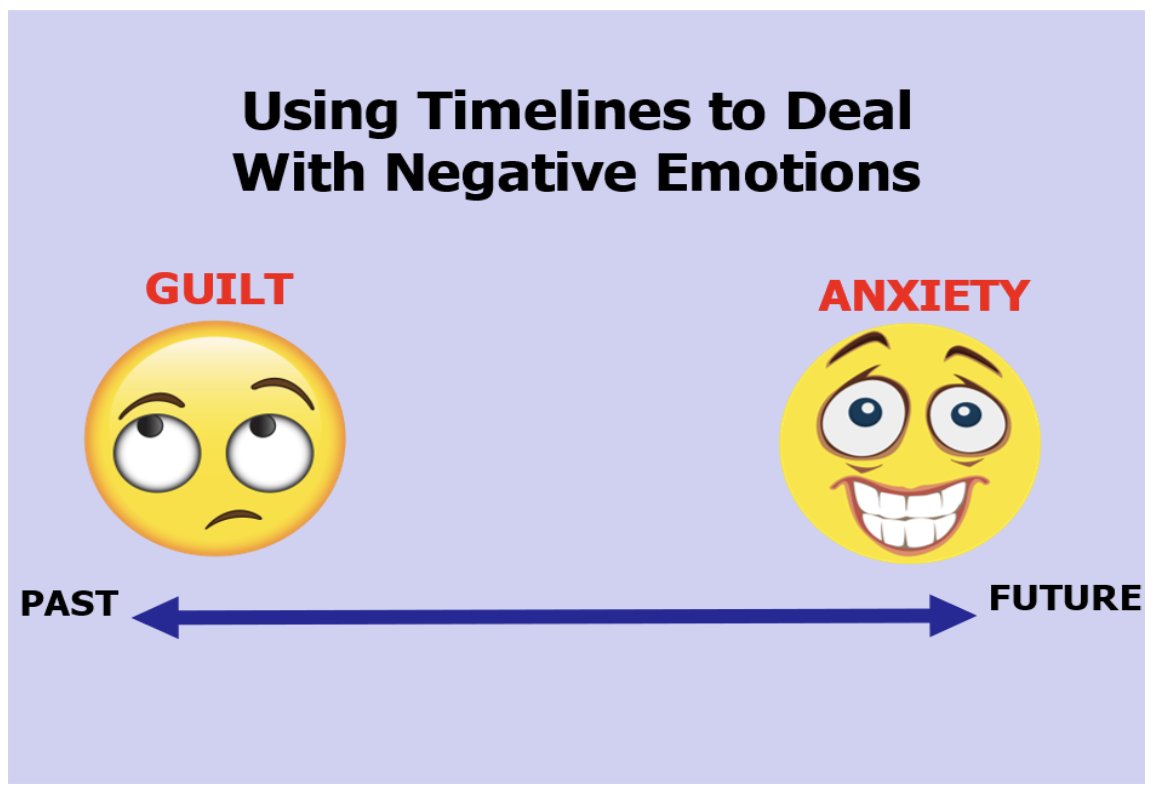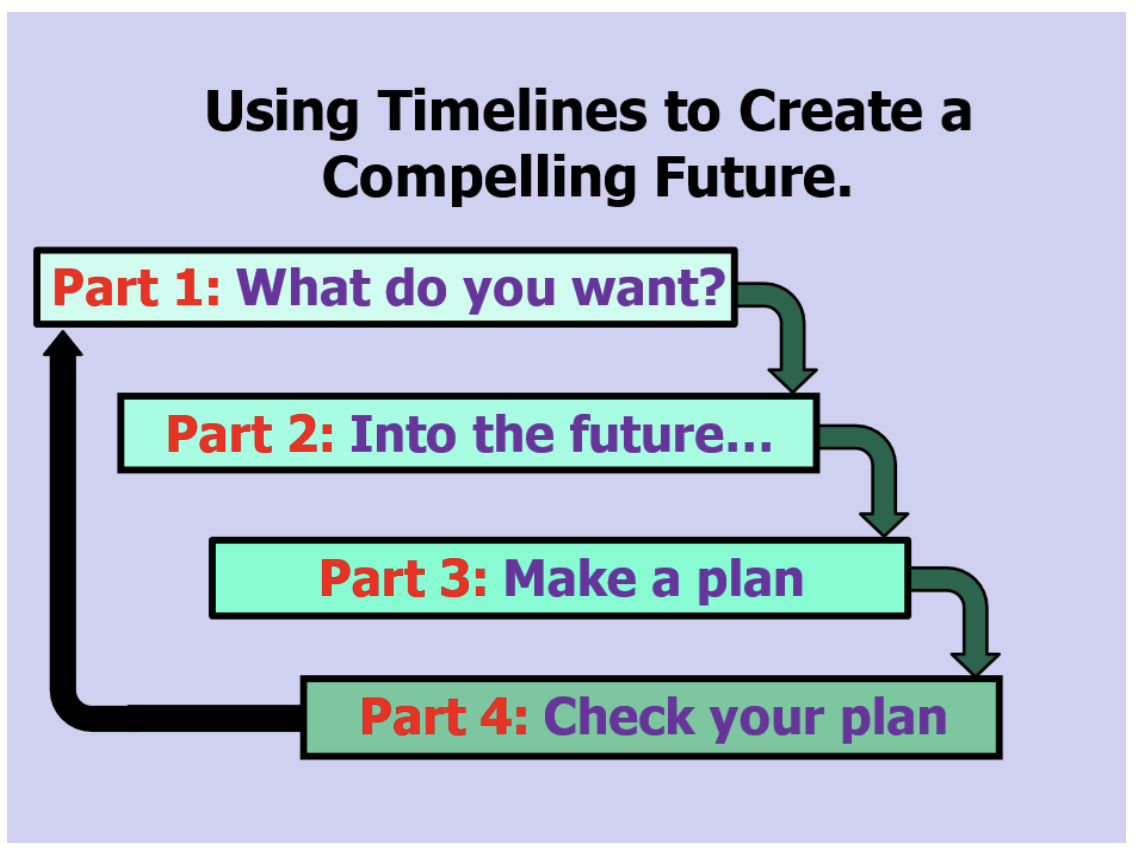18
MENTAL HEALTH PROMOTION
MENTAL HEALTH PROMOTION
Inhalt
This Learning Playlist is part of the international training course Mental Health Promotion in the Youth Field. There are 3 parts to this training.
Before the Mobility
Participants of this international training course are requested to prepare by doing some research into the NLP that we will use as a model for our learning about Mental Health Promotion. They do this through the Learning Activities:
- What is NLP
- History of NLP
- NLP and System Theory
The First Part of the Mobility
For the first 6 days of the Mobility, participants will experience youth work activities and reflect on their learning from that day using the following Learning Activities:
- Change the world, Change your mind
- Step by Step to great Rapport
- Sensory Acquity, Mind-reading for beginners
- Building the Picture, Setting the Outcomes
- Tools and techniques - 1
- Tools and techniques - 2
The Second Part of the Mobility
Participants will transfer their learning into (digital) learning activities for the people they work with and participate in a youth work market with local youth work organisations.
LifeComp competence framework
To support recognition of non-formal learning and to support the development of the “Personal, Social and Learning to Learn” skills within youth work we make in this training an connection between the learning happening during the training and the LifeComp Competence Framework.
Spcifically will be worked on the following skill zones: flexibility, growth mindset, critical thinking, collaboration, self-regulation, communication, empathy, well-being and managing learning.
Open Badges
In each Learning Activity and for the total Learning Playlist participants can earn Open Badges. Sometimes the badges will be issued via checking evidence by accredited NLP practisioners, other times via international trainers and also via self-assessment by the earners itself.
This project is co-funded by ErasmusPlus
Aktivitäten zu Fertigstellung
Schließe die folgenden Aktivitäten ab und erhalte Open Badge, um deinen Playlist- Fortschritt zu fördern
Inhalt
Today, during the sixth day of the international training course Mental Health Promotion in the Youth Field, we continued our work to develop our personal “tool-box” of techniques and resources for our mental health promotion with young people. The focus for our work was about time and how we can use this in our youth work.
Perceptual Positions: Ever wondered why more people aren’t like you? Ever wondered why someone else could misunderstand something that you said or did so completely? This is a great technique for putting yourself in their shoes to gain a bit of insight to answer these questions.

Timelines: We explored how different people link the events of their lives together in different ways. By understanding how they do this using a timeline, it helps us and them to make even greater sense of their lives and the events that make up their lives.

Time and negative emotions: You might find it difficult to feel guilty about something that hasn’t happened. You might find it difficult to feel anxious about something from your past. Some negative emotions are time-related, and knowing this fact we can use this simple technique to manipulate aspects of our lives that require changing.

Creating a Compelling Future: In our final technique in this part of the course, we explored how we can use our timelines to support us to getting future goals, and the changes we want to see in our lives.

Erhalte einen Badge für diese Aktivität
6. Tools & Techniques (Part 2) Erhalte diesen Badge
Today, during the sixth day of the international training course Mental Health Promotion in the Youth Field was our final day of input for the NLP model of Mental Health Promotion. Here’s what we did:
- We looked at the technique of Perceptual Positions to get another person’s perspective on our own experiences.
- We explored the use of time and timelines in mental health promotion in our youth work.
- Using our timelines we used techniques to deal effectively with negative emotions from the past and into the future as well as ways of creating a compelling future for ourselves and others on a timeline.
The holder of the badge will have worked either on their own or in a small group to reflect on the questions:
- how the day has gone
- what has been learned
- how to use this in your youth work
- how else to use it.
The questions are designed to optimise generative learning: they are not just about what the participant has learnt but also how they can use the learning in their work and personal life.
- L1.2: Understanding that learning is lifelong process that requires openness, curiosity and determination,
- L1.3: Reflecting on other people’s feedback as well as on successful and unsuccessful experiences to continue developing one’s potential,
- L2.1: Awareness of potential biases in the data and one’s personal limitations, while collecting valid and reliable information and ideas from diverse and reputable sources,
- L3.2: Planning and implementing learning goals, strategies, resources and processes,
- L3.3: Reflecting on and assessing purposes, processes and outcomes of learning and knowledge construction, establishing relationships and domains,
- P1.1: Awareness and expression of personal emotions, thoughts, values, and behaviour, and
- S1.2: Understanding and regulating personal emotions, thoughts, and behaviour, including stress responses.
Aufgaben
Aufgabe Nr. 1
Nachweis verifiziert von: Einem Organisatoren der Aktivität
- How has today gone for you?
- What have you learnt?
- How can you use this in your youth work?
- How else can you use it?
Fähigkeiten
#Mental Health Promotion
ESCO
#campaign for youth work in the local community
LIFECOMP
#Flexibility
LIFECOMP
#Growth mindset
LIFECOMP
#Critical thinking
ESCO
#Strategien für die internationale Zusammenarbeit entwickeln
ESCO
#Massagen durchführen
LIFECOMP
#Collaboration
LIFECOMP
#Self-regulation
ESCO
#über das Wohlergehen des oder der Jugendlichen kommunizieren
ESCO
#talk with the selected community
ESCO
#in Partnerschaft mit Nutzern/Nutzerinnen der sozialen Dienste arbeiten
ESCO
#relaxation methods
ESCO
#Neuerungen in derzeitigen Praktiken anstreben
ESCO
#check story
LIFECOMP
#Communication
LIFECOMP
#Empathy
LIFECOMP
#Wellbeing
ESCO
#psychische Gesundheit fördern
LIFECOMP
#Managing learning
Aktivitäten: 17
Begonnen: 55
Absolvierte Playlists: 12
Zeit zur Vervollständigung: 16 Tage 9 Stunden 15 Minuten
Teilen:
Ausführende Organisation
Network of Cities and Regions of Learning
Badge issuer recognized with
Andere Sprache auswählen:

